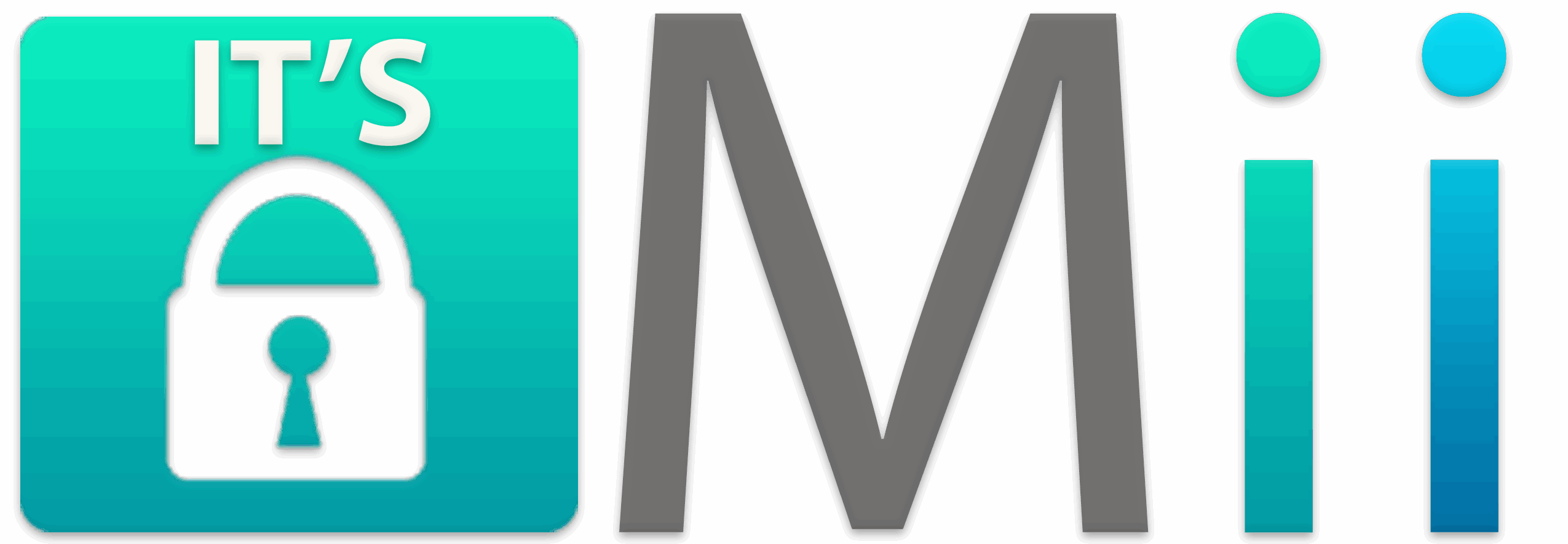In the journey of self-discovery and personal growth, one of the most profound realizations is how certain relationships can illuminate the best versions of ourselves. When we find someone whose presence enhances rather than diminishes our authentic self, we experience a unique form of acceptance that can be transformative. This phenomenon—loving who you are when you’re with someone special—deserves exploration as it represents a powerful intersection between self-acceptance and meaningful connection.
The Mirror of Meaningful Relationships
Relationships serve as mirrors, reflecting aspects of ourselves we might not otherwise see. When you’re with someone who truly sees and appreciates you, they reflect back a more complete image of who you are. This isn’t about dependence or losing yourself in another person; rather, it’s about discovering facets of your personality that flourish in the presence of genuine connection.
Many people report feeling more authentic, more capable, and more at peace with themselves when they’re with partners who accept them unconditionally. This experience isn’t limited to romantic relationships—close friendships and family connections can provide similar affirmation.
Distinguishing Healthy Reflection from Codependence
It’s important to differentiate between healthy self-enhancement through relationships and codependent dynamics. Liking yourself better when with someone else becomes problematic only when:
– Your entire sense of self-worth depends on their approval
– You cannot maintain your identity when they’re not present
– You change fundamental values or beliefs to secure their acceptance
In healthy connections, the other person doesn’t create your value but helps illuminate what was already there. Think of it as someone turning on a light in a room that was previously dim—the furniture was always there, but now you can see it clearly.
The Science Behind Feeling Better Together
Research in social psychology supports the idea that healthy relationships enhance our sense of self. Studies show that close relationships can:
– Increase oxytocin levels, reducing stress and promoting feelings of security
– Provide psychological safety necessary for authentic self-expression
– Offer validation that strengthens positive self-perception
– Create opportunities for growth through constructive feedback
When we feel securely attached to someone, our nervous system registers safety, allowing us to be more present, creative, and authentic—essentially more ourselves.
Finding Your Authentic Self Through Connection
Sometimes we discover who we truly are through the eyes of someone who loves us well. This doesn’t mean their perception defines us, but their perspective can help us recognize strengths and qualities we might overlook or dismiss.
Many people have had the experience of a partner, friend, or mentor who believed in them before they fully believed in themselves. This external confidence often becomes internalized over time, leading to genuine self-acceptance.
The Balance of Independence and Connection
The healthiest dynamic exists when two whole people come together and enhance each other’s lives, rather than complete each other. This requires:
– Maintaining individual identities, interests, and friendships
– Having the capacity to self-validate and self-soothe
– Recognizing that while the relationship adds value, your worth isn’t dependent on it
– Understanding that personal growth remains an individual responsibility
This balance allows you to enjoy feeling enhanced by someone’s presence without becoming diminished in their absence.
Cultivating Relationships That Bring Out Your Best
If you notice you consistently like yourself better in certain relationships, it’s worth analyzing what qualities in these connections foster this positive self-perception. Look for patterns in:
– How these people communicate with you
– The level of acceptance versus judgment you experience
– Whether they encourage your authentic expression
– If they support your growth even when it creates change
Use these insights to seek out and nurture relationships with similar qualities, while also working to internalize the positive self-regard these connections help generate.
When Someone Brings Out the Worst in You
The flip side of this phenomenon is equally informative. Relationships that consistently make you feel smaller, less capable, or more self-critical offer important data about boundaries you may need to establish or dynamics to avoid.
If you find yourself consistently disliking who you are in certain relationships, this may indicate:
– Value misalignment
– Unhealthy dynamics that trigger insecurities
– Relationships that have outlived their positive function in your life
Learning to recognize these patterns can help you make conscious choices about who you allow into your inner circle.
Building Self-Acceptance Independent of Relationships
While healthy relationships can enhance self-perception, developing a foundation of self-acceptance independent of external validation remains crucial. This involves:
– Practicing self-compassion and challenging your inner critic
– Acknowledging your strengths and accepting your limitations
– Developing personal values that guide your life choices
– Creating meaning and purpose beyond your relationships
This internal work creates resilience, ensuring that while relationships may enhance your self-perception, your core sense of worth remains stable regardless of external circumstances.
Embracing the Gift of Positive Reflection
When you find someone who helps you see and appreciate your best qualities, it’s a gift worth acknowledging. Rather than feeling guilty about enjoying who you are in their presence, recognize this as one of the most beautiful aspects of human connection.
The goal isn’t to become independent of all external influence—we are inherently social beings—but to cultivate relationships that reflect and enhance your authentic self while developing the internal resources to maintain self-acceptance even when alone.
In the dance between connection and autonomy, perhaps the greatest achievement is finding people who help you become more fully yourself, while also developing the capacity to carry that self-acceptance with you wherever you go.


